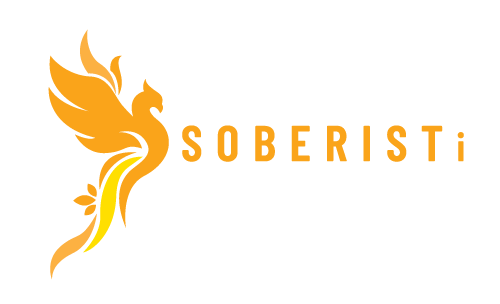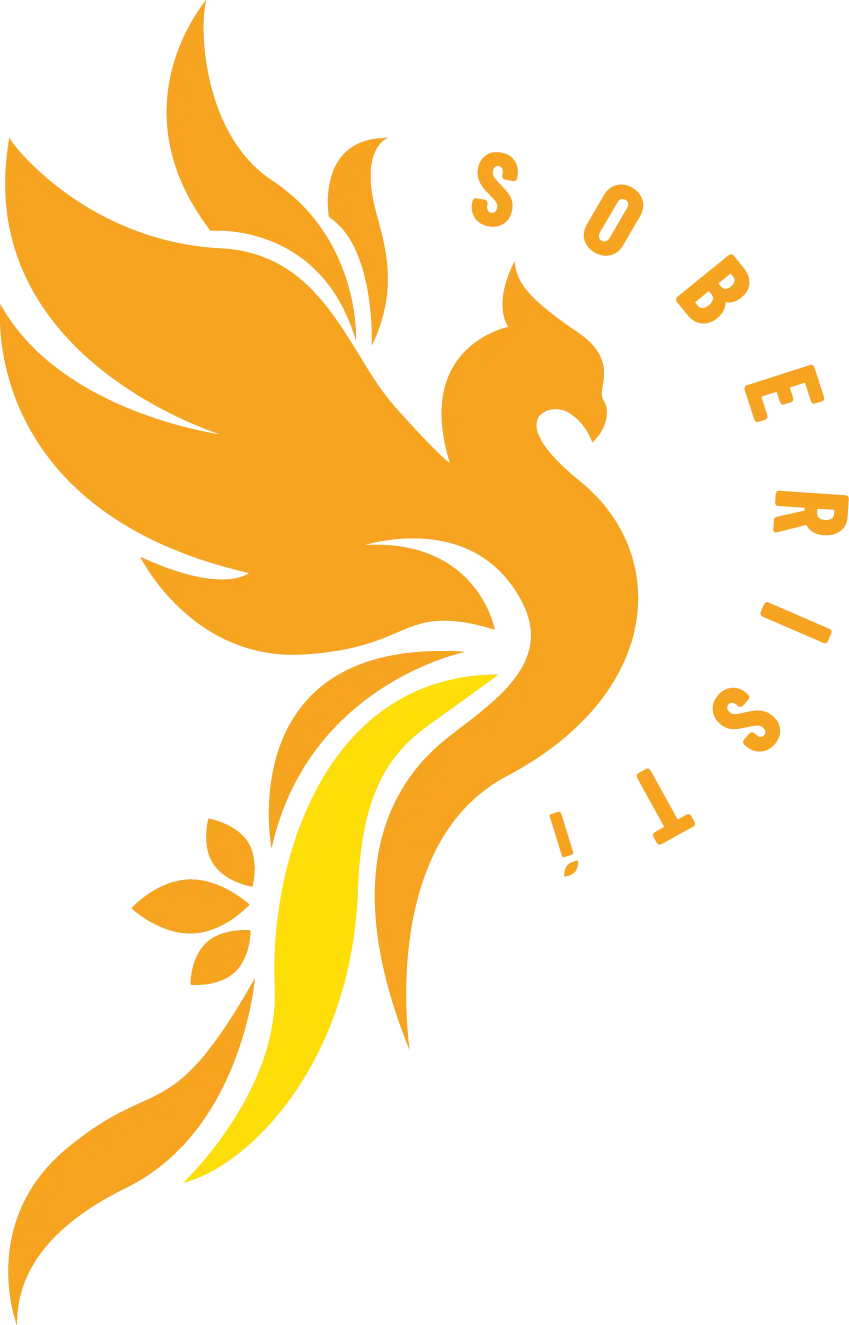Joonas, 42, started Soberisti’s online course in December 2022.*
JOONAS is a working family man who values a healthy lifestyle and exercises regularly. However, he also struggles with alcohol addiction. Joonas’ story is unusual in that he had once become aware of his alcohol problem and managed to get sober spontaneously. However, his seven years of sobriety ended four years ago.
JOONAS has now been a soberist for over 50 days. He shares his story to help others in similar situations.
Drinking in secret at the Bar
“I WAS alcohol dependent from the age of 24 to 30. Since I was 15, I used alcohol almost continuously, exceeding the limits of heavy drinking.
I COME from a family of divorce, with a father who was a working alcoholic. My youth in the 90s was characterized by binge drinking on weekends. After my studies, I started working as a tour guide, where I was allowed to drink alcohol all day with clients.
IF I had been able to look at my situation honestly, there were clear signs of an alcohol problem. First of all, I sought jobs where I was permitted to use alcohol.
While working as a tour guide in the Alps, I would buy a 6-pack of mini Jägermeisters before the après-ski and secretly drink a bottle at a time in the bathroom. I did this because ordering drinks and getting served in the crowded bars was so slow that I couldn’t wait. It was completely absurd: drinking secretly in a bar.
THEN I came to Finland and started working on a cruise ship as a sales negotiator. This job also involved entertaining clients. I would drink with clients on the company’s card, and of course, I also drank in my free time.
AT an occupational health appointment, it was found that my liver values were elevated. I explained that we had a four-day cruise, even though it wasn’t actually due to those four days.
When the excesses began to escalate, I could no longer convince myself that I was capable of moderate drinking.
WHEN I was in the Alps working as a tour guide, I would buy a 6-pack of Jägermeister mini bottles before the après-ski and drink them one by one in the bathroom, in secret.
The reason? The bar was so crowded, and the wait for a drink was so long, I couldn’t stand it. It’s absurd, isn’t it? Drinking in secret at a bar.
THEN I returned to Finland and started working as a sales negotiator on a cruise ship. That job also involved interacting with clients. I would often go out drinking with them on the company’s expense, and of course, I continued drinking in my free time.
My occupational health check showed that my liver enzymes were elevated. I explained it away by saying we had just had a four-day cruise, although the reality was it wasn’t limited to those four days.
When the excessive drinking became more frequent, I could no longer convince myself that I could moderate my alcohol consumption.
Seven Years of Sobriety
I GOT sober spontaneously 11 years ago through yoga and meditation. I lived in a yoga ashram for three months, and after that, I was genuinely sober for seven years. I rejoiced in the freedom I had gained. In the book Vapaa valitsemaan. Tositarinoita raitistumisesta (Free to Choose. True Stories of Sobriety), I shared my story, of course under a pseudonym. At that time, I was still an absolutist.
BUT after seven years of sobriety, I began to experience cravings for the first time. I started to doubt whether I was truly dependent on alcohol. Others had also questioned my problem.
So, my period of abstinence came to an end, and I started drinking alcohol again. However, I started very moderately.
OVER the course of four years, my alcohol consumption steadily increased, and it brought with it lies to loved ones, embellishment of my drinking habits, anxiety, depression, and constant pondering about how to break free from it. Now I realized that moderate drinking is not an option for me.
THERE have been a few instances of excess, and I have to struggle if I need to get through celebrations with moderate drinking. I handle my work well during the weekdays and don’t drink more than the occasional sauna beer on weekdays.
For someone with an alcohol problem, one is too much, and a thousand is not enough
FOR the past two years, I have been aware of the depth of my problem, and last year (2022), I made the decision to be honest with myself. I realized that I was downplaying my drinking, fooling myself, denying the issue, drinking secretly, and planning vacations in a way that allowed for maximum drinking. Classic signs of alcoholism.
MY common-law wife had repeatedly wished for me to reduce my alcohol consumption. However, it was difficult to discuss the situation. For someone who does not have a substance abuse problem, it’s hard to understand or relate to the feeling that a couple of drinks is not enough.
FOR those who are not dependent, it’s easy to have one or two and leave it at that.
FOR those of us with an alcohol problem, it’s different. One drink is too much, and a thousand is not enough. Once you get a taste and momentum, it’s hard to hit the brakes, let alone stop.
I Didn’t Want to Be Labelled an Alcoholic
I BEGAN to seek information about various treatment methods. I didn’t find it easy to participate in inpatient treatment, as it would require taking sick leave and opening up the issue to my surroundings. If I were to pursue outpatient rehabilitation, I would first need to go to the substance abuse emergency services or social and health services in my wellness region, which would leave a mark on my records.
ONCE, I called the municipal mental health services, and I was asked bureaucratic questions about my drinking amounts while filling out a form. I was told that I would need to talk to a mental health nurse at least three times and go through the situation before a decision could be made.
It would be really uncomfortable for me to tell my employer that I have an alcohol problem and that I need to be away for four weeks.
BEING labelled an alcoholic creates a significant barrier to seeking help, especially since I know the stereotypes we have about people with substance abuse issues. Those who are not familiar with substance problems and have no personal experience tend to think in black and white: there’s something seriously wrong with anyone who seeks help. They are immediately labeled as a chronic drunk.
It can also be difficult for a healthcare worker to accept information that deviates from stereotypes if the drinking amounts of the person seeking help are very similar to their own alcohol use. That can feel uncomfortable.
Soberist Coaching Helped Me with My Substance Abuse Problem
I FOUND Soberisti’s website in the fall of 2022 and read Ira Koivu’s book, Free from Wine.
I identified with the message of the book and the freedom it conveys. It resonated with me because I had previously experienced the same.
I KNEW that getting sober didn’t necessarily require a four-week inpatient rehabilitation, but rather a shift in thinking—a realization that changes everything.
IT was important for me to receive help in a truly anonymous way, but still be part of a group, alongside peers. This was made possible through Soberisti’s online course which I have been a part of for over 50 days—free from alcohol.
I TOLD my partner that I was joining such a coaching program, and she said it was a great thing. She is the only person I have told about this.
THE best thing about Soberisti’s method is that you get to belong to a group that thinks similarly. It’s important to be able to talk to those who understand the issue. My own friend group may not think very openly about sobriety and living without alcohol.
THE discussions with Soberisti coaches Marko and Ira, as well as the Teams peer meetings, have been the best part. A strength of the course is that it can be done alongside one’s life. You can keep your alcohol dependency and sobriety as your own matter, get help secretly, without being labeled.
I HAVE also gained a lot of new knowledge and tips for life change from the online course, even though I already knew a lot beforehand. I hope that other men will also find their way to the course. This is not just a women’s issue; here we are freeing ourselves from alcohol.
* Joonas’ name has been changed


